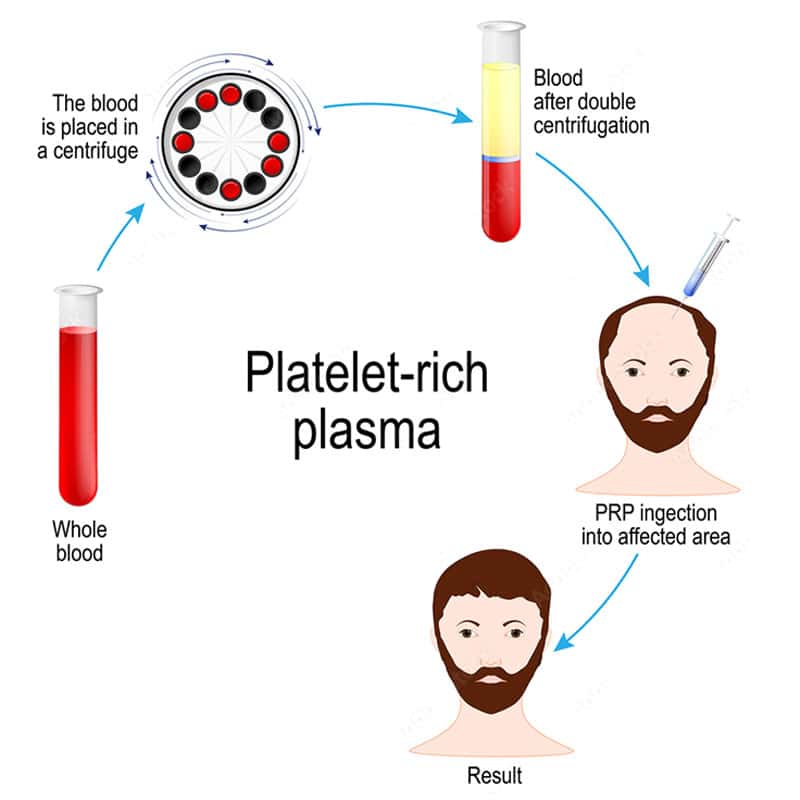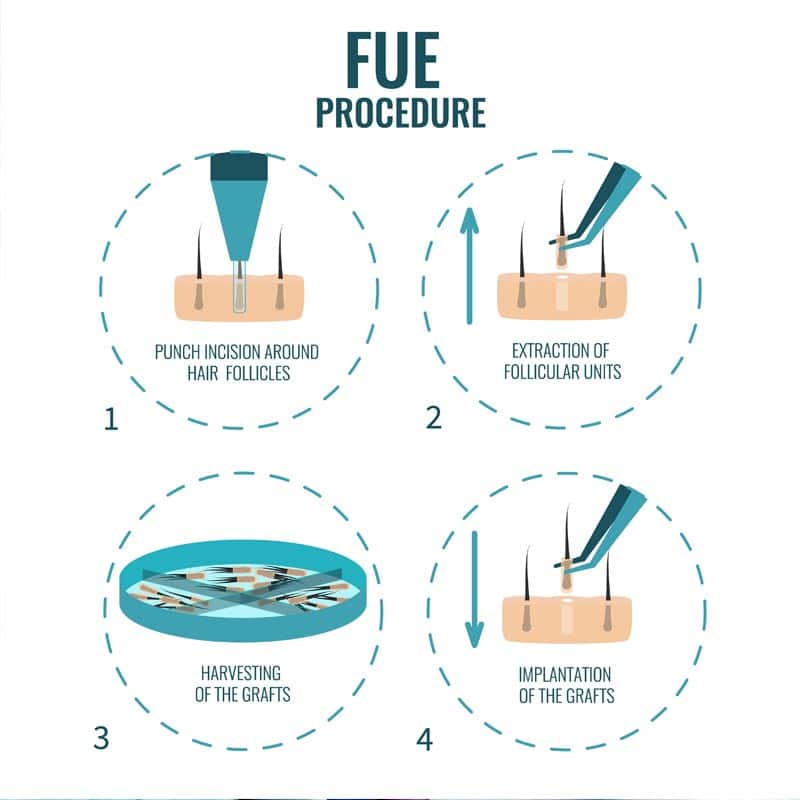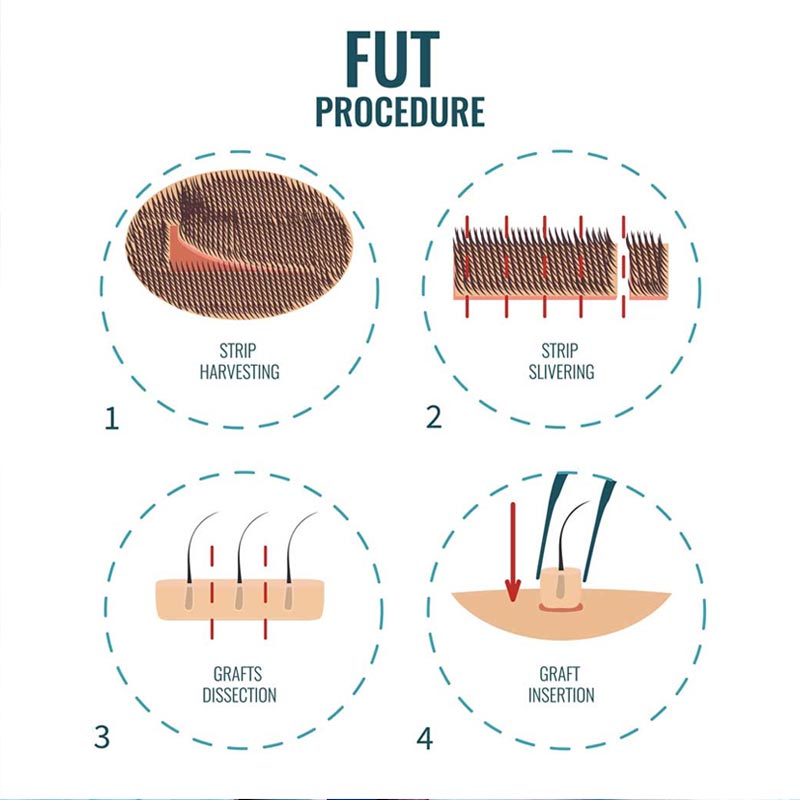Description:
Contraception includes various methods to prevent pregnancy, ranging from hormonal options like the pill or injections to mechanical methods like condoms and intrauterine devices (IUDs). The choice of contraception depends on individual health needs, lifestyle, and personal preferences.
Indications:
- Preventing unwanted pregnancies: For women and couples who do not wish to become pregnant.
- Regulating menstruation: Some hormonal methods can help regulate irregular menstrual cycles or alleviate menstrual discomfort.
- Reducing menstrual discomfort: Hormonal contraceptives can reduce menstrual pain and heavy bleeding.
- Protection against sexually transmitted infections (STIs): Condoms provide both contraception and protection against STIs.
Procedures:
- Hormonal Methods: These include birth control pills, contraceptive injections, patches, implants, and hormonal IUDs. They work by inhibiting ovulation and altering cervical mucus to prevent sperm from reaching the egg.
- Mechanical Methods: Condoms, diaphragms, and copper IUDs prevent fertilization by creating a physical barrier or impairing sperm viability.
- Long-term and Permanent Methods: These methods include surgical procedures such as sterilization (vasectomy for men, tubal ligation for women) and long-term IUDs, which are effective for several years.
Benefits:
- High effectiveness: Many contraceptive methods offer reliable protection against pregnancy when used correctly.
- Variety of options: A wide range of contraceptive methods is available, which can be tailored to the needs and preferences of each individual.
- Control over family planning: Contraception allows couples to control the timing and frequency of pregnancies.
- Additional health benefits: Some methods offer health benefits besides contraception, such as reducing menstrual discomfort or the risk of certain cancers.




